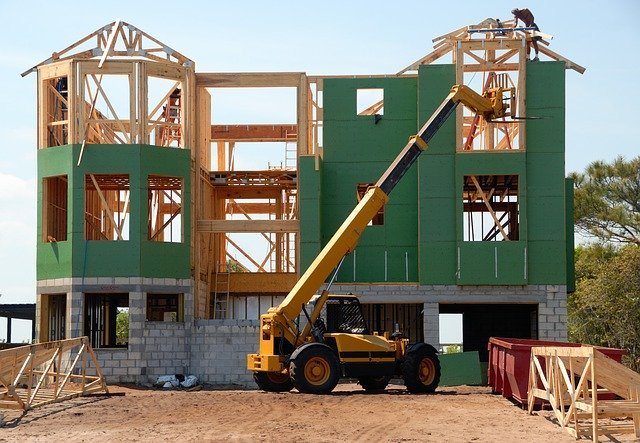
It can be overwhelming to learn about all the details of mortgage loans. There is tons of information you need to understand before your financing is secured.
Begin getting ready for a home mortgage well in advance of your application. If you’re thinking about purchasing a home, then you have to get your finances in order quickly. That means building up a nest egg of savings and getting your debt in order. If you put these things off too long, you could face a denial letter.
Don’t borrow the most expensive house you qualify for. Consider your lifestyle and habits to figure out how much you need to really be content.
If you are unable to refinance your home, try it again. A program known as the HARP has been created so homeowners can refinance their home even if they are not in a good situation. Ask your lender about this program. If a lender will not work with you, go to another one.
Get all your paperwork in order before seeking a home loan. Having your financial paperwork in order will make the process shorter. The lender will require you to provide this information, so having it handy can save you another trip to the bank.
Most mortgages require you to make a cash down payment. While there used to be more options for loans without down payments, the industry standard now requires them for a greater number of mortgages. Ask what the minimum is before you submit your mortgage payment.
Many purchasers are afraid to discuss their home because they do not understand that they still may have options to renegotiate it. Be sure to call the mortgage holder.
For the house you are thinking of buying, read up on the past property taxes. Prior to agreeing to a mortgage, you must understand your likely property tax bill. The local tax assessor might think your home is worth more than you think, making tax time unpleasant.
You are going to have to put down payment. Some mortgage providers use to approve applications without asking for a down payment, but that is extremely rare today. Ask what the down payment has to be before you send in your mortgage payment.
Never let a single mortgage loan denial prevent you from seeking out another loan. While one lender may deny you, there may be another one that won’t. Shop around and consider what your options are. Consider bringing on a co-signer as well.
Make sure your credit rating is the best it can be before applying for a mortgage loan. Lenders consider how much risk they are taking on you based on your entire credit history to make sure that you’re reliable. If your credit is not good, do what you must to repair it so that you avoid having the application denied.
Once you get a mortgage, try paying extra for the principal every month. This will help you get the loan paid off quicker. For instance, you can decrease your loan’s term by about ten years just by paying 100 dollars more each month.
Don’t despair if you have a mortgage. Every lender has their own criteria you must pass through to get your loan. This makes it a good idea to apply to a few different lenders.
Consider more than just banks for your mortgage. For instance, your family might help you out, even if it’s just with a down payment. You might also consider checking out credit unions because, oftentimes, they offer great rates. Take all your options in mind.
Make sure that you collect all your personal financial documentation prior to meeting with a home lender. Your bank statements, bank records and documentation of all financial assets. Being well-prepared will help speed up the application process.
Be sure you understand all fees and costs related to any mortgage agreement you are considering. Commission fees, closing costs and other fees will be attached to the actual cost of the loan. These things may be able to be negotiated with the lender or even the seller.
Check out a minimum of three (and preferably five) lenders before deciding on one. Check out reputations with people you know and online, and ask friends and family.
Honesty is the best policy when applying for a mortgage loan. If you are less than truthful, it could come back to haunt you. Why would a lender trust you with a large sum of money when they can’t trust your word?
Many times a broker is able to find a mortgage that will fit your situation better than these traditional lenders can. They are connected with multiple lenders and help you choose the best option.
Make sure that your savings are abundant prior to applying for your first mortgage. You are going to need money to cover the down payment, closing costs and other things like the inspection, fees for applications and appraisals. If you have a large down payment, you will get better terms.
These tips will get you off and running. Although the amount of information available about mortgage financing can be intimidating, doing your research is worth it. Knowledge about the process can help the whole thing go much smoother.
When lending is tight, making sure your credit score is good is essential to securing a favorable loan. Get three separate credit reports and make sure their information is correct. Banks generally stay away from people who have scores below 620.






